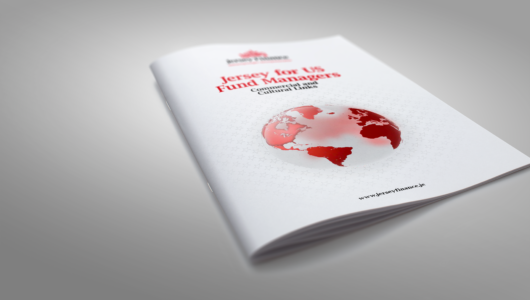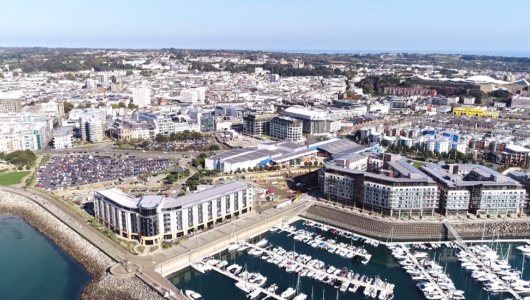Elliot Refson › Head of Funds, Jersey Finance
email › / profile ›
Philip A. Pirecki › Jersey Finance Lead in the Americas
email › / profile ›
The global alternative funds market manages approximately $18 trillion, with almost half of assets under the management of US firms. Historically, a large portion of the US alternative investment market has been centered around New York, though there are other regions which hold a significant concentration of the investment management industry. We have identified three of these fast-growing cities: Miami, Chicago, and Los Angeles. This is precisely why we visited them in our inaugural US roadshow in 2022.
Each of these cities holds a unique audience of private wealth, law firms, and alternative funds which continue to seek out our offering as a nexus to Europe. These fund managers are looking for jurisdictions where they can build a structure that can be relied upon. In recent years, managers have had to move jurisdictions for a variety of reasons, such as a changing regulatory environment. Our offering provides a solution for this by providing a stable and predictable domiciliation choice.
In the last four years, Miami has continued to grow as an emerging alternative investment centre. During the pandemic, many Americans moved from the Northeast to Southern Florida. July 2021 census data estimated 220,890 Americans moved to Florida between April 1, 2020, and July 1, 2021. This number includes employees of some of the biggest names in finance, who moved away from New York during lockdowns in search of warmer weather, relatively lenient COVID-19 provisions, and lower taxes. Flight data alone shows that there are nearly 100 direct flights between Miami and New York per day.
Some of the alternative investment firms that were widely reported as Florida newcomers include Citadel, Elliott Management, Apollo, and Point 72. It was not only managers who relocated; investment banks, such as Rothschild & Co., and law firms, such as Kirkland & Ellis and Sadis & Goldberg, also opened offices in Southern Florida.
Miami and its neighbours have taken advantage of this opportunity. Miami Dade County has an economic development team, the Miami Dade Beacon Council, which works to attract financial services firms, particularly hedge funds and private equity managers. It is a bilateral relationship: firms are drawn to Miami due to its globally diverse communities, as well as to the city’s innovative and entrepreneurial atmosphere. At the same time, Miami aims to attract strategic businesses that will drive high-wage job growth within the county.
During our roadshow, we recognized that many of the firms in this region have a focus on real assets with a particular focus on real estate. From our conversations, it was clear that these managers are looking to establish offshore vehicles that involve capital raising in Europe. They are looking for jurisdictions that can proactively assist in understanding and working under the Alternative Investment Fund Managers Directive (AIFMD) framework.
When we assessed the Midwest region ahead of our roadshow, we quickly identified Chicago as a priority. We decided this for a few reasons: first, it is centrally located; second, it has a large private equity hub; third, it has the most international work in the region. This made it the logical choice given our focus as a nexus to Europe and European capital.
As a well-established financial centre, Chicago is experiencing continuous growth and remains highly attractive to banks, investment firms, and other financial institutions. Its status as a major transportation hub makes it convenient for migrating firms to establish their presence in the region. Additionally, the city boasts several prominent universities with strong business programs, nurturing a talented and readily available workforce.
When turning to the West Coast it was difficult to paint the region with a broad brush – each subregion is distinctly different. Two of the main hubs are San Francisco and Los Angeles (LA), of course. San Francisco has a large private markets demographic, particularly venture capital and corporate development. LA has similar private markets exposure as San Francisco, but also has a large hedge fund and traditional asset management presence. Some of the biggest household names in fixed income are located in the LA metropolitan area.
Additionally, Los Angeles benefitted from COVID in a similar way to Miami, in that several funds moved from San Francisco to Los Angeles. This is similar to the New York to Miami move that was witnessed on the East Coast, though to a lesser degree of magnitude.
What we have seen across all of these cities and regions is that the alternative funds industry is not only looking for geographic exposure outside of the US for currency diversification alone. There is demand among alternative fund managers and private wealth managers for reliability and stability, especially as geopolitical tensions across the globe continue to remain volatile. It is necessary for them to work with a dependable jurisdiction when structuring funds. Managers want to be confident they can rely on that structure, and with Jersey, they can.





